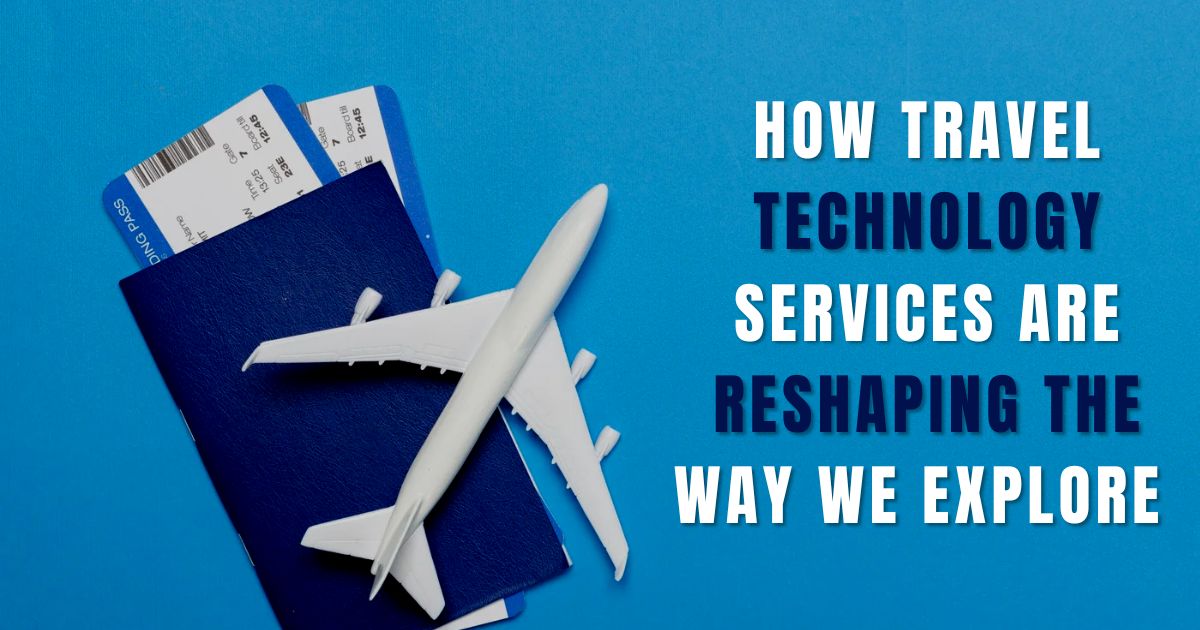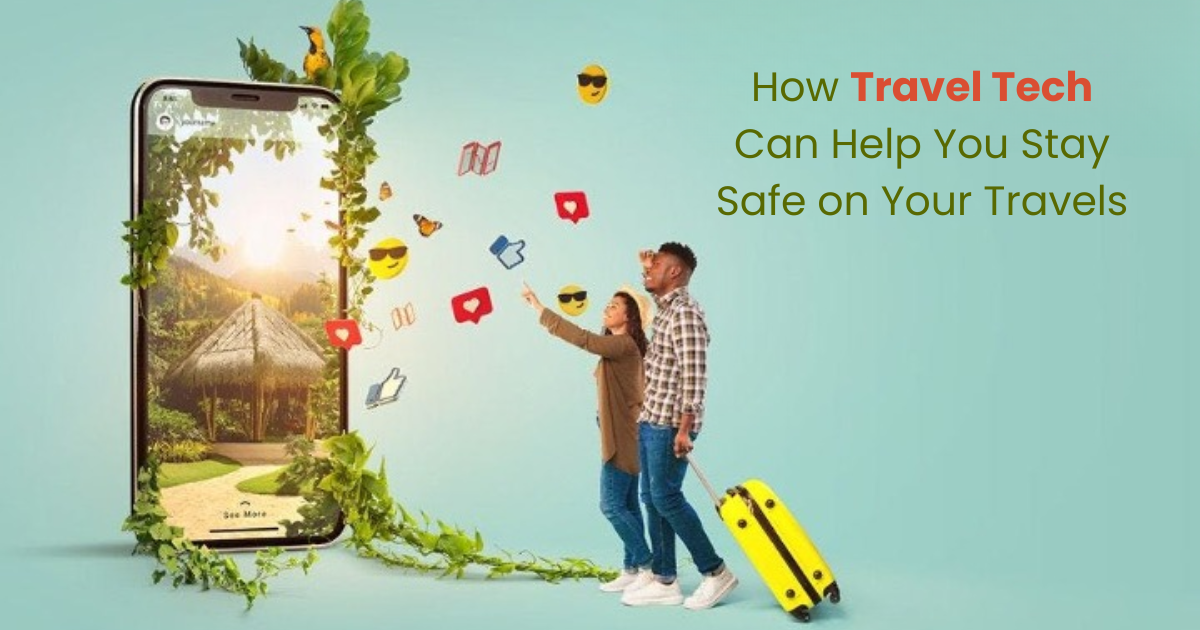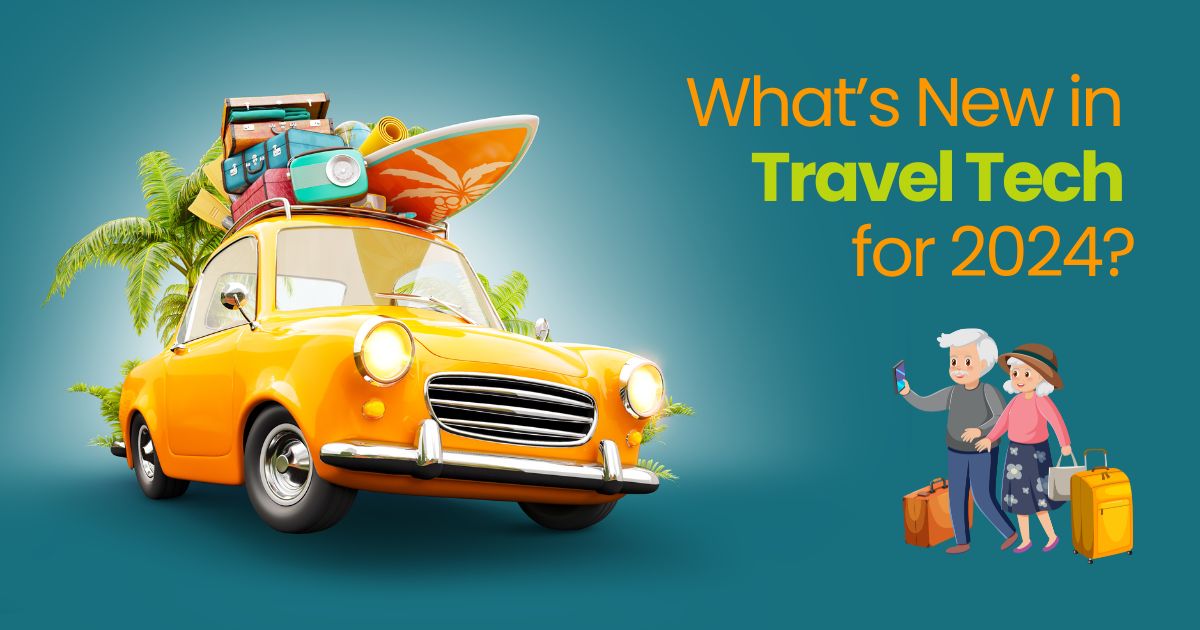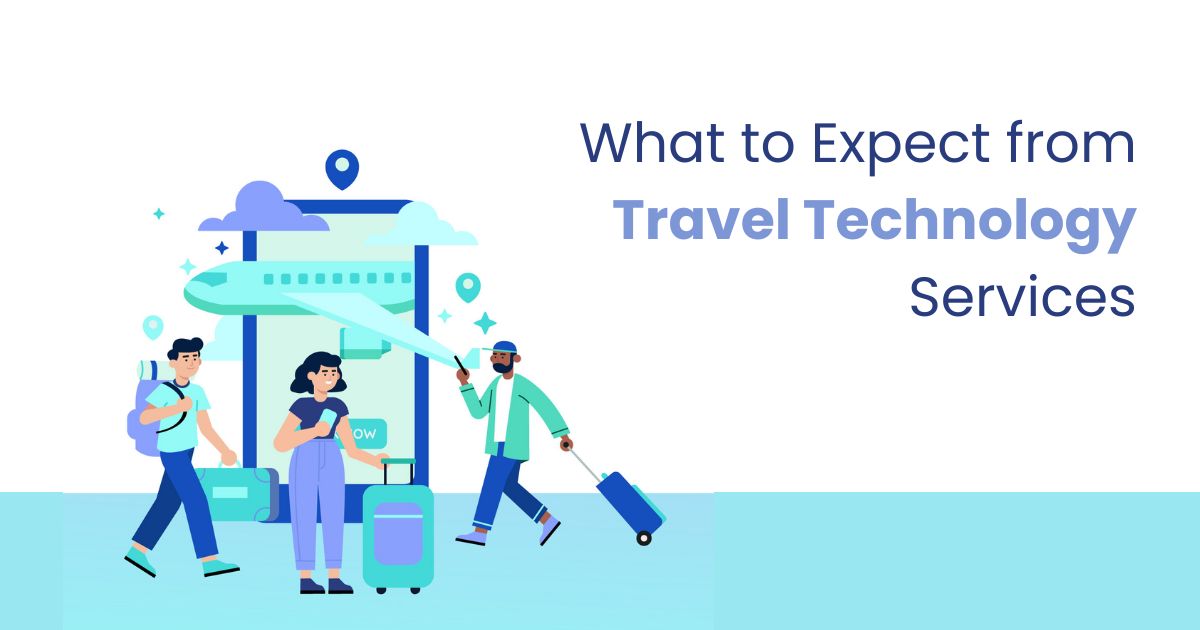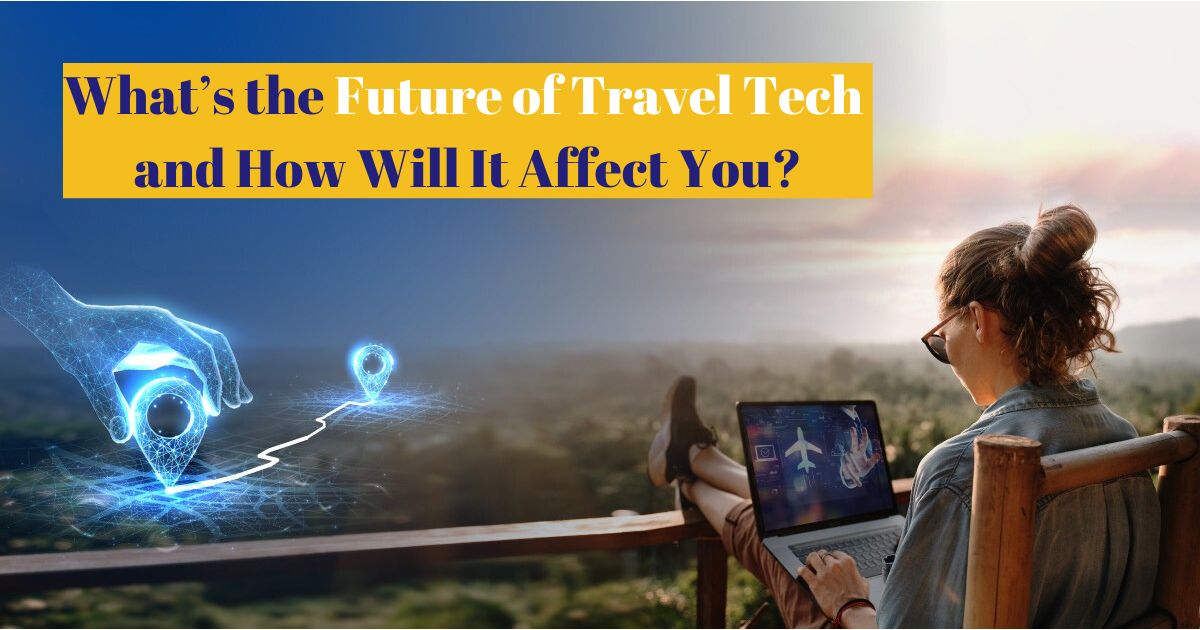Travel has always been an integral part of human life, fostering cultural exchange, economic growth, and personal development. As technology advances, the way we explore the world is undergoing a profound transformation. In 2024, travel technology services are not just tools but pivotal elements reshaping the entire travel experience. This article delves into the various aspects of travel technology services and their impact on how we explore the world.
Travel Technology Solutions: Enhancing Your Travel Journey with Advanced Technology SolutionsThe travel industry has witnessed a significant transformation over the past few decades, driven by rapid advancements in technology. In 2024, travel technology services are at the forefront of this revolution, offering innovative solutions that enhance convenience, personalization, and sustainability. This article explores the various facets of travel technology and how they are reshaping the way we explore the world.
Evolution of Travel Technology
Travel technology has come a long way from the early days of computer reservation systems to the sophisticated digital platforms we have today. Initially, technology in travel was limited to basic functions like booking flights and hotels. However, with the advent of the internet and mobile technology, the landscape has drastically changed. Today’s travel technology encompasses a wide range of services, including artificial intelligence (AI), virtual reality (VR), the Internet of Things (IoT), blockchain, and big data analytics.
The Role of Artificial Intelligence in Travel
- Personalized Travel Recommendations
Artificial intelligence plays a crucial role in providing personalized travel experiences. AI algorithms analyze vast amounts of data, including traveler preferences, past behavior, and social media activity, to offer tailored recommendations. For instance, platforms like Expedia and Booking.com use AI to suggest destinations, accommodations, and activities that match individual preferences, enhancing the overall travel experience.
- AI-Powered Customer Service
AI-powered chatbots and virtual assistants are revolutionizing customer service in the travel industry. These intelligent systems can handle a wide range of queries, from booking modifications to travel advice, providing instant support around the clock. This not only improves customer satisfaction but also reduces the operational costs for travel companies.
Virtual Reality and Augmented Reality in Travel
- Virtual Travel Experiences
Virtual reality has opened up new possibilities for travelers, allowing them to explore destinations virtually before making any commitments. VR travel experiences offer immersive 360-degree views of tourist attractions, hotels, and cultural sites, helping travelers make informed decisions. Companies like Google Earth VR and Expedia are leading the way in offering these virtual experiences.
- AR in Tourist Attractions
Augmented reality enhances the travel experience by overlaying digital information on the physical world. AR applications can provide real-time information about historical landmarks, museums, and tourist attractions, enriching the visitor experience. For example, the Louvre Museum in Paris offers an AR app that provides detailed information about exhibits as visitors explore the museum.
Internet of Things (IoT) in Travel
- Smart Hotels
The Internet of Things (IoT) is transforming the hospitality industry with the advent of smart hotels. These hotels use IoT devices to offer personalized and automated services, such as smart room controls, automated check-in/check-out, and voice-activated assistants. Guests can control lighting, temperature, and entertainment systems using their smartphones or voice commands, creating a seamless and convenient experience.
- Connected Transportation
IoT is also enhancing the transportation sector by enabling connected vehicles and infrastructure. Smart transportation systems can monitor traffic conditions, optimize routes, and provide real-time updates to travelers. Connected public transport systems, such as smart buses and trains, offer features like Wi-Fi, real-time tracking, and automated ticketing, improving the overall travel experience.
Mobile Technology and Travel Apps
- Seamless Booking and Planning
Mobile technology has made travel planning and booking more accessible and convenient. Travel apps offer a range of services, including flight and hotel bookings, itinerary management, and real-time travel updates. Apps like Skyscanner, TripIt, and Google Trips allow travelers to plan and book their trips with ease, all from the convenience of their smartphones.
- Travel Management Apps
Travel management apps are invaluable tools for business travelers, providing features like expense tracking, itinerary synchronization, and policy compliance. Apps like Concur and TripActions streamline the travel management process, ensuring that business trips are efficient and cost-effective.
Blockchain Technology in Travel
- Secure Transactions
Blockchain technology is revolutionizing the way transactions are conducted in the travel industry. By providing a secure and transparent platform for payments and data exchange, blockchain ensures that transactions are safe from fraud and hacking. Cryptocurrency payments and blockchain-based smart contracts are becoming increasingly popular in the travel sector, offering a higher level of security and efficiency.
- Loyalty Programs
Blockchain is also transforming loyalty programs by creating decentralized and interoperable systems. Traditional loyalty programs are often fragmented and difficult to manage. Blockchain allows for the creation of a unified loyalty ecosystem, where travelers can earn and redeem points across different service providers, enhancing the value and usability of loyalty rewards.
Big Data and Analytics
- Understanding Traveler Behavior
Big data analytics is a powerful tool for understanding traveler behavior and preferences. By analyzing data from various sources, including social media, booking platforms, and customer feedback, travel companies can gain insights into traveler trends and preferences. This information helps in creating targeted marketing campaigns and personalized travel experiences.
- Optimizing Travel Services
Big data is also used to optimize travel services, such as pricing strategies, inventory management, and demand forecasting. Predictive analytics can forecast travel demand, allowing companies to adjust prices and availability accordingly. This not only maximizes revenue but also ensures that travelers get the best possible deals.
Sustainable Travel Technology
- Eco-Friendly Solutions
Sustainability is a growing concern in the travel industry, and technology is playing a crucial role in promoting eco-friendly solutions. From energy-efficient hotels to carbon offset programs, travel technology is helping to reduce the environmental impact of travel. For instance, some hotels are using IoT sensors to monitor and reduce energy consumption, while airlines are investing in more fuel-efficient aircraft.
- Promoting Sustainable Tourism
Travel technology is also promoting sustainable tourism by raising awareness and providing information about eco-friendly practices. Apps and platforms that highlight sustainable travel options, such as eco-friendly accommodations and green travel itineraries, are becoming increasingly popular. These tools help travelers make informed choices that support sustainable tourism.
The Future of Travel Technology
- Emerging Trends
The future of travel technology is shaped by emerging trends such as hyper-personalization, voice search, and biometric identification. Hyper-personalization will take personalized travel experiences to the next level by leveraging AI and big data to offer highly customized recommendations. Voice search will become more prevalent, with travelers using voice-activated devices to search for information and make bookings. Biometric identification, including facial recognition and fingerprint scanning, will streamline the check-in and boarding processes, enhancing security and convenience.
- Predictions for the Next Decade
In the next decade, travel technology will continue to evolve, offering even more innovative solutions. We can expect to see advancements in autonomous transportation, with self-driving cars and drones becoming common modes of travel. Space tourism, once a distant dream, may become a reality for adventurous travelers. Additionally, advancements in sustainable technology will further reduce the environmental impact of travel, promoting a more sustainable future.
Conclusion
Travel technology services are reshaping the way we explore the world, offering unprecedented levels of convenience, personalization, and sustainability. From AI-powered recommendations to virtual reality experiences, these technologies are enhancing every aspect of the travel experience. As we look to the future, it is clear that travel technology will continue to evolve, providing new opportunities and transforming the way we explore the world. Embracing these advancements will not only enhance our travel experiences but also promote a more sustainable and connected world.




